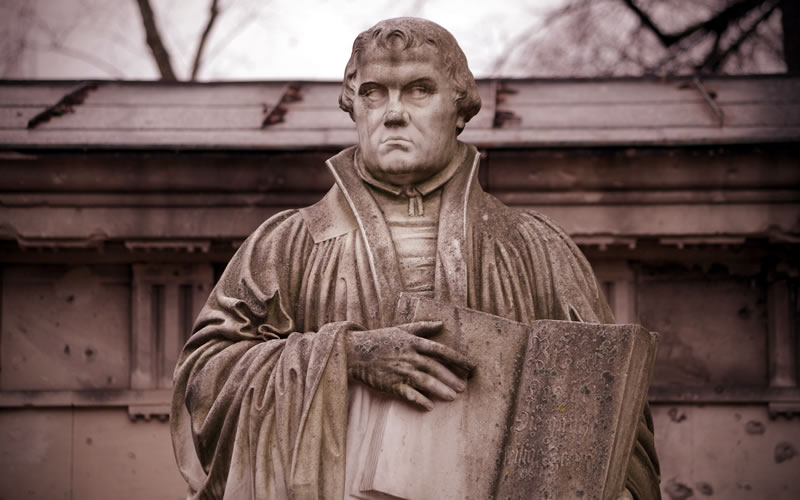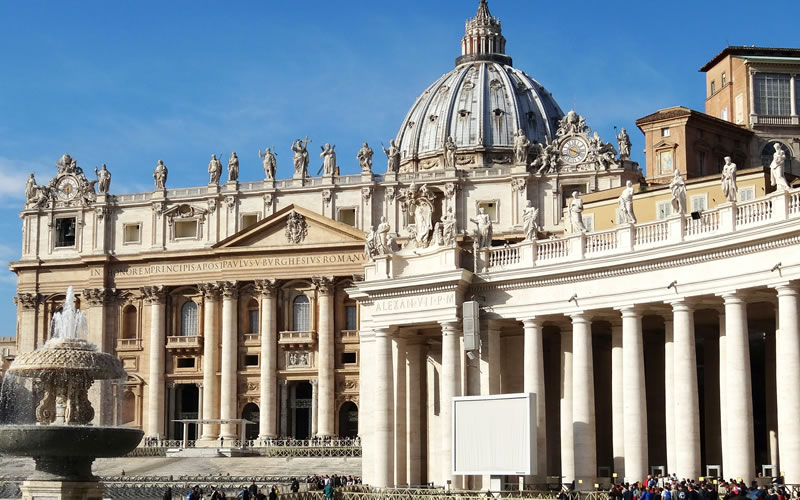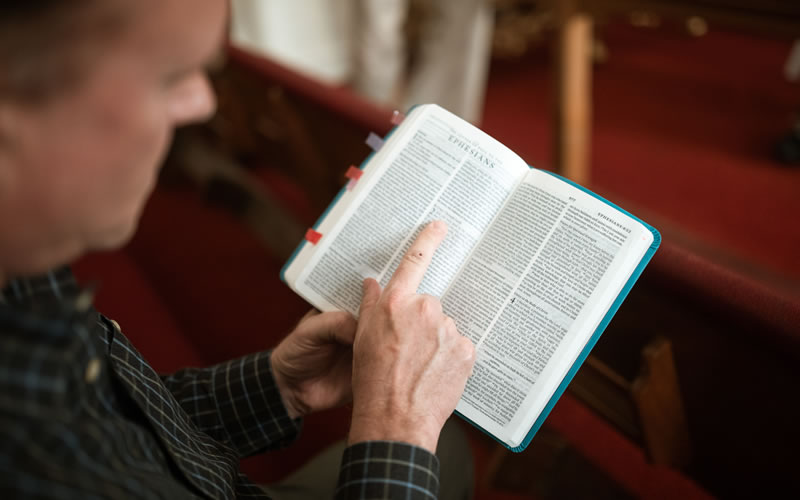Myths & Misconceptions
Setting things right
- Indulgences buy forgiveness
- Indulgences buy salvation
- A person can buy indulgences
- Martin Luther stopped indulgences in the Church
- The Catholic Church sold indulgences
- Catholics invented indulgences
- Indulgences can be used in the future
- Indulgences can reduce time in purgatory by a fixed number of days
Indulgences buy forgiveness
Indulgences do not forgive sins. Forgiveness of sins is obtained by perfect contrition and through the Sacrament of Reconciliation. Indulgences only remove the temporal punishment of sins that are already forgiven.


Indulgences buy salvation
No, it doesn’t. One gets to heaven when he or she dies without any unforgiven mortal sins. Since Indulgences don’t forgive sins, it cannot help in determining one’s eternal destiny in going to heaven or hell. By its definition, indulgences only remove the punishment due to sins that have already been forgiven. What indulgence does is it makes our time in purgatory shorter or skip purgatory altogether. Again, since those in purgatory are already assured of heaven, indulgences do not help determine their heavenly destiny.


A person can buy indulgences
No. Spiritual gifts cannot be bought. It is true that there was a time when indulgences were granted when someone made a donation to the Church. Because it involved money, one can mistakenly see it as a business transaction. However it wasn’t meant that way.
It is unfortunate that some people took advantage of this and tried to profit through this – but they were never part of the Church nor were the indulgences sanctioned by the Church.
Because of this, the Council of Trent reformed the concessions in granting indulgences. Pope Pius V also rescinded all indulgences that involved money.
It is unfortunate that some people took advantage of this and tried to profit through this – but they were never part of the Church nor were the indulgences sanctioned by the Church.
Because of this, the Council of Trent reformed the concessions in granting indulgences. Pope Pius V also rescinded all indulgences that involved money.

Martin Luther stopped indulgences in the Church
Some will say that because Martin Luther brought up the abuses of indulgences that the Church changed it teaching on it. This is untrue. The Church may have changed the way she practices the distribution of indulgences but never has it changed its teaching on it.
Furthermore, the changes in the practices were not because Martin Luther argued against it. Instead it was because the Church saw how the unsanctioned use of indulgence, by profiteers, was causing confusion.
Furthermore, the changes in the practices were not because Martin Luther argued against it. Instead it was because the Church saw how the unsanctioned use of indulgence, by profiteers, was causing confusion.

The Catholic Church sold indulgences
Pope Leo X gave a concession of indulgences for those who gave alms to rebuild St. Peter’s Basilica in Rome, but he never sold them.
One might say it is just semantics because money is involved. In this sense, it indeed could bring about corruption in the sense that the Church should never exchange spiritual goods for favors or material compensation. However, even if that particular practice could be seen as an abuse, it does not invalidate the doctrine. Just because one abused a doctrine, it doesn’t mean the doctrine was wrong: only the one who abused the doctrine is wrong. For example, marriage is good and it is. Let’s say someone a man married a rich woman only for her money. That would make the man wrong for abusing Holy Matrimony in an effort to gain material wealth. Although he used marriage in a wrong way, it doesn’t invalidate the concept of marriage. Likewise, the decision of Pope Leo X to offer indulgences in exchange for alms might be considered an abuse by some, but it does not mean the doctrine of indulgences is wrong.
One can continue to argue that if we agree that Pope Leo X had abused indulgences, it means popes are not infallible. No, infallibility means the pope cannot teach something wrong in terms of faith and morals. It doesn’t mean a pope cannot sin or make a mistake or become a bad example – that would be impeccability. The Catholic Church has never claimed popes are impeccable.
Catholics believe Peter was the first pope and he has the charism that prevents him from teaching anything against faith and morals. He, however, showed a bad example when he separated himself from the Gentiles during mealtime, which Paul brought to his attention. Peter acted wrongly, but he didn’t teach any false doctrine. There is a difference between what one does and what one explicitly teaches.
So, yes, popes are sinners and they can make mistakes in what they do and say, but they cannot make a mistake in what they officially teach. Pope Leo X might b accused of abusing the practice, but he cannot be accused of ever issuing a wrong official teaching.

One might say it is just semantics because money is involved. In this sense, it indeed could bring about corruption in the sense that the Church should never exchange spiritual goods for favors or material compensation. However, even if that particular practice could be seen as an abuse, it does not invalidate the doctrine. Just because one abused a doctrine, it doesn’t mean the doctrine was wrong: only the one who abused the doctrine is wrong. For example, marriage is good and it is. Let’s say someone a man married a rich woman only for her money. That would make the man wrong for abusing Holy Matrimony in an effort to gain material wealth. Although he used marriage in a wrong way, it doesn’t invalidate the concept of marriage. Likewise, the decision of Pope Leo X to offer indulgences in exchange for alms might be considered an abuse by some, but it does not mean the doctrine of indulgences is wrong.
One can continue to argue that if we agree that Pope Leo X had abused indulgences, it means popes are not infallible. No, infallibility means the pope cannot teach something wrong in terms of faith and morals. It doesn’t mean a pope cannot sin or make a mistake or become a bad example – that would be impeccability. The Catholic Church has never claimed popes are impeccable.
Catholics believe Peter was the first pope and he has the charism that prevents him from teaching anything against faith and morals. He, however, showed a bad example when he separated himself from the Gentiles during mealtime, which Paul brought to his attention. Peter acted wrongly, but he didn’t teach any false doctrine. There is a difference between what one does and what one explicitly teaches.
So, yes, popes are sinners and they can make mistakes in what they do and say, but they cannot make a mistake in what they officially teach. Pope Leo X might b accused of abusing the practice, but he cannot be accused of ever issuing a wrong official teaching.
Catholics invented indulgences
An indulgence is an amnesty from the temporal punishment that is deserved by sin by applying the merits of one to the one in need of it. From this basic definition, we can see that our salvation is, in a sense, an indulgence because the merits of Christ were applied to humankind. It isn’t a Catholic invention; it is God’s invention.

In Scriptures we read of people praying for the dead in 2 Maccabees 12. (This is a book that has always been in the Bible. The original and older versions of the Kings James Version – a Protestant Bible – had this book. In fact the king made it a crime to remove the apocryphal books, so they were placed as an annex at the back of the Bible. Eventually, the apocryphal just disappeared altogether. So Catholics didn’t add books; Protestant Reformers removed books.) If the dead were in heaven, no prayer is needed for them. If the dead were in hell, no prayer can help them. So there must be a “place” were prayers do help – and that is purgatory, and they can be helped by prayers and indulgences.

In Scriptures we read of people praying for the dead in 2 Maccabees 12. (This is a book that has always been in the Bible. The original and older versions of the Kings James Version – a Protestant Bible – had this book. In fact the king made it a crime to remove the apocryphal books, so they were placed as an annex at the back of the Bible. Eventually, the apocryphal just disappeared altogether. So Catholics didn’t add books; Protestant Reformers removed books.) If the dead were in heaven, no prayer is needed for them. If the dead were in hell, no prayer can help them. So there must be a “place” were prayers do help – and that is purgatory, and they can be helped by prayers and indulgences.
Indulgences can be used in the future
No, it can’t. Some who misunderstand indulgence this way use it as a permission or safety-net to commit sin thinking it forgive and/or removes punishment for future sins.
By definition, indulgence reduce or remove punishment for sins that have already been forgiven. So sin comes first, and forgiveness second. One cannot forgive a sin that has not yet been committed. Indulgence comes third because a sin has to be forgiven for an indulgence to be applied.
By definition, indulgence reduce or remove punishment for sins that have already been forgiven. So sin comes first, and forgiveness second. One cannot forgive a sin that has not yet been committed. Indulgence comes third because a sin has to be forgiven for an indulgence to be applied.

Indulgences can reduce time in purgatory by a fixed number of days
Not really, no. There was a time when partial indulgence were affixed with days. These were not days that the Church guarantees will be reduced; instead, it is a reference to the period of penance that we might have to undergo while we are still alive. It is by no means an indication of how many days will be reduced from purgatory. It is God who determines the number of days; the Church has never claimed to know how many days an indulgence can reduce one’s stay in purgatory.


